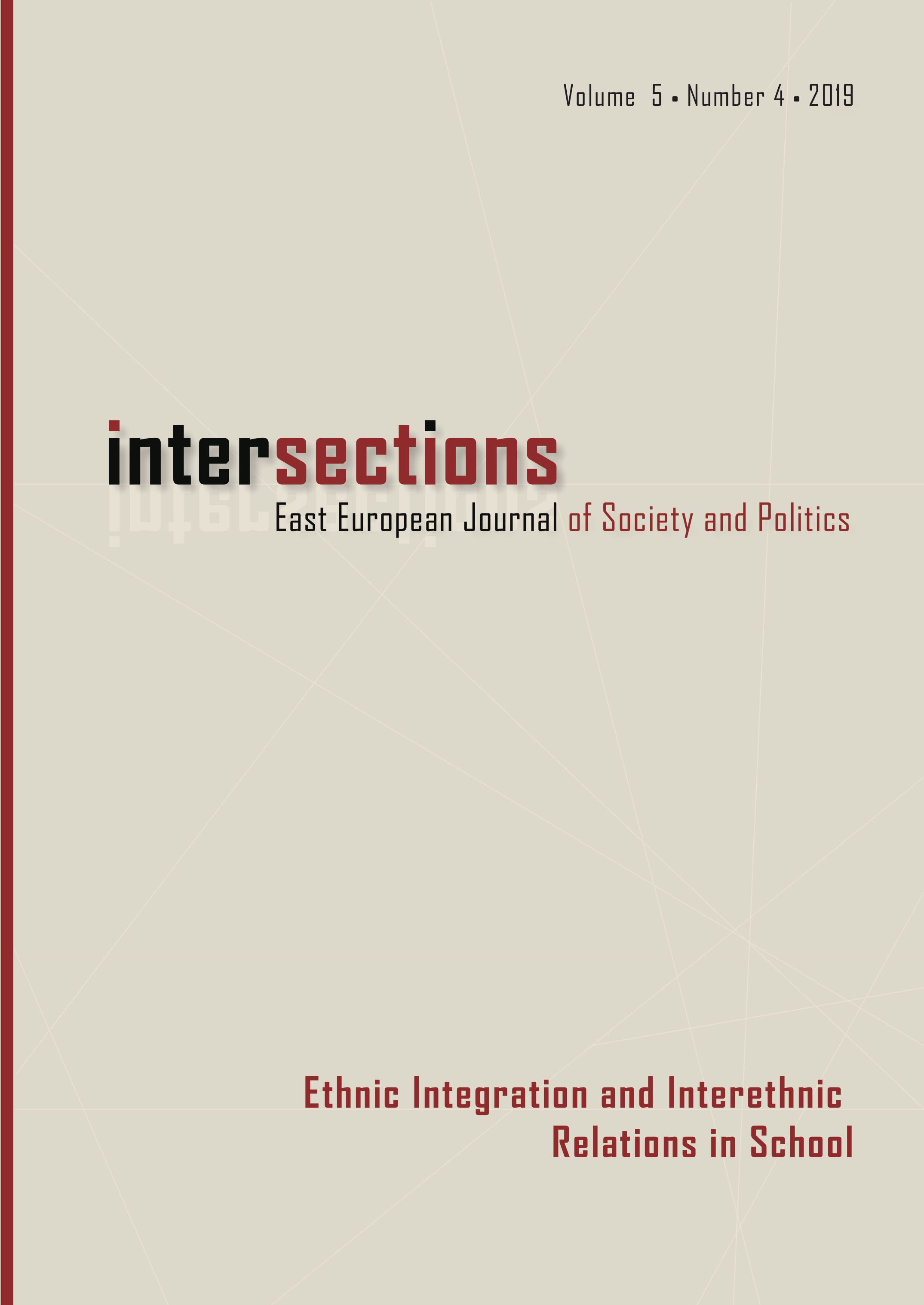Status Dynamics. Popularity and Acceptance in an Ethnically Diverse Hungarian Primary School Sample
Status Dynamics. Popularity and Acceptance in an Ethnically Diverse Hungarian Primary School Sample
Author(s): Ákos Bocskor, Anikó HaveldaSubject(s): School education, Ethnic Minorities Studies
Published by: MTA Társadalomtudományi Kutatóközpont Kisebbsegkutató Intézet
Keywords: status; popularity; acceptance; Roma students; Hungary; within-between random effects regression
Summary/Abstract: Status among peers has been one of the central themes of peer relations research for decades. While the topic has been extensively researched in the Western European and North American literature, less is known about such dynamics in ‘non-Western’ contexts. The paper intends to address this gap by analyzing the status dynamics related to the two most frequently investigated dimensions of status – popularity and acceptance – in a Hungarian, ethnically diverse, longitudinal primary school database. Additionally, we apply a novel multilevel regression model, the within-between random effects model (Bell et al., 2019), which combines the strengths of fixed- and random-effects models and makes the decomposition of within-individual and between-individual effects possible. The paper analyses the first four waves of the panel dataset (N of observations = 4441, N of individuals = 1313). Most of our results are in line with the Western European literature, highlighting the important role of being good at sports, verbal aggression, being considered smart, and physical appearance. With regard to ethnic differences, our results show ethnicized patterns in the relationship between aggression and popularity.
Journal: Intersections. East European Journal of Society and Politics
- Issue Year: 5/2019
- Issue No: 4
- Page Range: 110-138
- Page Count: 29
- Language: English

